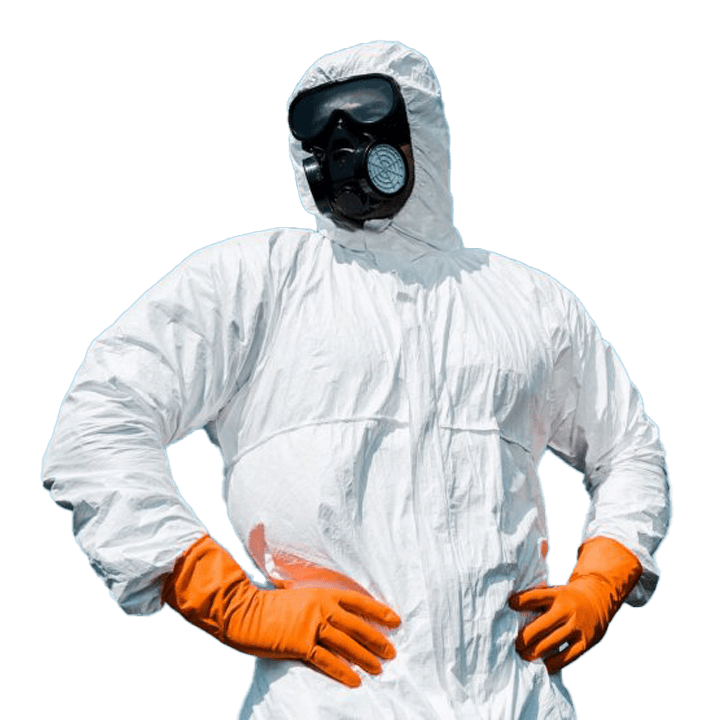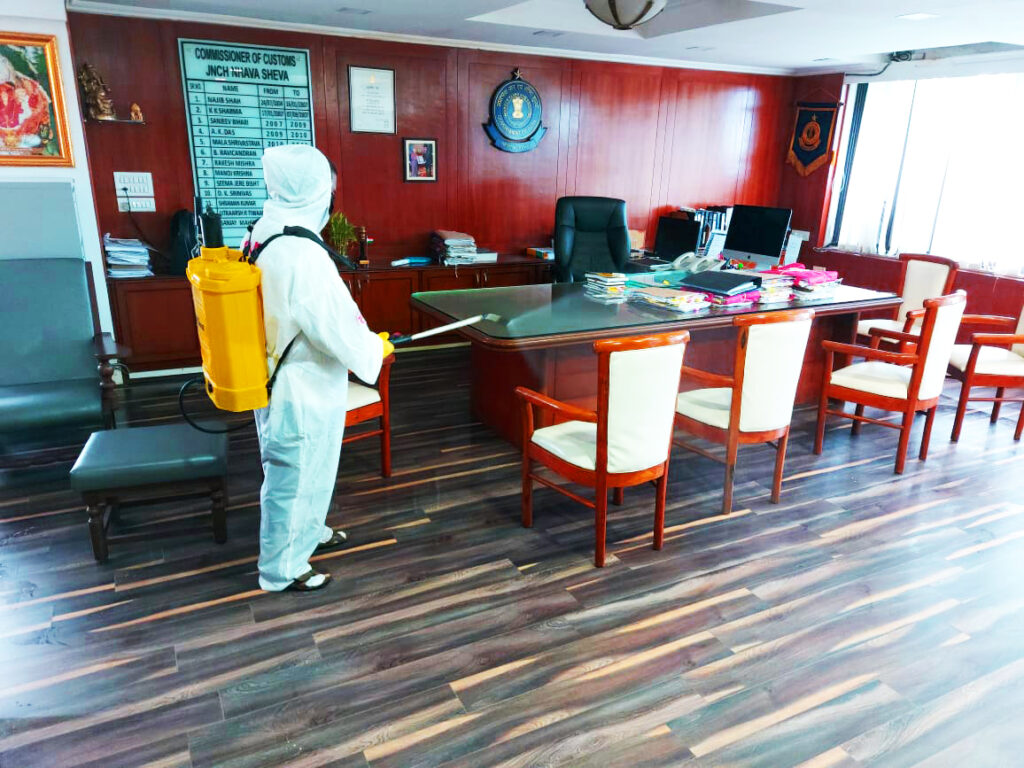- info@alattapc.com
- +971 56 664 9626
- 065356321
Menu
Food safety is of paramount importance in any dining establishment, especially in restaurants where maintaining a high standard of hygiene is invaluable. Among the many factors that contribute to food safety, an often overlooked but important aspect is pest control.
Restaurants are centers of culinary delights, but they can become breeding grounds for pests if not managed effectively. Ensuring food safety goes hand in hand with controlling pests in these establishments.

Understanding food safety regulations
Before examining the role of pest control, it is essential to understand the strict regulations governing food safety in restaurants. Various authorities have established standards to ensure that food served to consumers is safe and free from contamination.
Pests in restaurants:
A major concern Cockroaches, rats, flies, and ants are among the common pests that can infest food establishments. Their presence poses serious risks, including food contamination, the spread of disease, and damage to the restaurant’s reputation.
The role of pest control
Proactive pest control service in Sharjah is the key to maintaining a pest-free environment. Employing a variety of methods, from chemical control to preventative measures, is key to eradicating pests and preventing future infestations.
Integrated Pest Management (IPM)
Integrated Pest Management (IPM) offers a holistic approach that focuses on prevention, monitoring, and control. By combining various techniques and reducing pesticide use, IPM ensures effective pest control while minimizing environmental impact.
Training and Education
Educating restaurant staff on proper hygiene practices and early detection of pests is critical. Their awareness and proactive actions play an important role in preventing pest-related problems.
Technology in pest control
Technological advances have revolutionized pest control, with innovations such as smart traps and monitoring systems helping to detect pests early and act quickly.
Maintaining cleanliness and hygiene
A clean environment is the first line of defense against pests. Regular hygiene routines and strict hygiene practices greatly reduce the risk of infection.
Choosing the right pest control partner
Choosing a reputable pest control service that matches the restaurant’s needs is essential. Constant inspections and follow-up measures ensure ongoing prevention and control.
Case Studies:
Implementing Successful Pest Control Many restaurants have witnessed significant improvements in food safety and customer satisfaction by implementing robust pest control measures. These success stories underscore the importance of proactive pest control.
Customer perception and trust
Pest control practices directly affect consumer confidence. A restaurant known for its commitment to cleanliness and pest-free premises builds a good reputation by building trust among its patrons.
Challenges and solutions
Despite all efforts, challenges remain in pest control. However, with proactive measures and strategic solutions, restaurants can effectively overcome these challenges.
Measuring Success:
Metrics for pest control
Monitoring key performance indicators allows restaurants to evaluate the effectiveness of their pest control measures. Continuous evaluation and improvement ensure continued success.
Future trends in pest control for restaurants
The future of pest control in restaurants is promising, with advances in technology and sustainable practices leading to more efficient and environmentally friendly pest control solutions.
Conclusion
Restaurants that prioritize proactive pest control not only maintain a pest-free environment but also uphold their commitment to providing safe and clean dining experiences.
Effective pest management in restaurants is paramount for several reasons, all of which directly impact the success and reputation of the establishment. Firstly, pests can pose serious health risks to both customers and staff. Cockroaches, rodents, and flies are carriers of various diseases and bacteria, contaminating food, surfaces, and utensils. This contamination can lead to foodborne illnesses, causing harm to customers and potentially leading to legal repercussions for the restaurant.
Secondly, pests can severely damage a restaurant’s reputation. In today’s digital age, a single negative experience shared on social media can quickly tarnish the image of a restaurant. Sightings of pests or unsanitary conditions can spread rapidly, resulting in a loss of customer trust and a decline in patronage. Maintaining a pest-free environment not only ensures the health and safety of patrons but also safeguards the restaurant’s reputation.
Moreover, effective pest management is crucial for compliance with health and safety regulations. Health departments enforce strict guidelines regarding pest control in food establishments. Failure to adhere to these regulations can result in fines, closure, or even the revocation of operating licenses. By implementing a robust pest management strategy, restaurants demonstrate their commitment to maintaining high standards of hygiene and safety, thereby complying with legal requirements and safeguarding their business operations.

WhatsApp us